Our team of professional technicians visited the customer’s site to provide guidance. After assessing the situation, we recommended using white fused alumina/ tabular alumina (0-1mm, 1-3mm, 3-5mm, 325#) as the refractory material, applied to the kiln’s inner walls. These materials can withstand high temperatures, improving product quality and production efficiency. They resist wear and corrosion from the high-temperature environment and help prevent fires and explosions, enhancing industrial safety.
The customer was very satisfied with our products, which significantly extended the equipment’s lifespan and improved product purity. We have been collaborating with this customer for nearly ten years.
This case used white fused alumina and tabular alumina. For similar situations, other suitable refractory materials include brown fused alumina, black silicon carbide, and green silicon carbide.
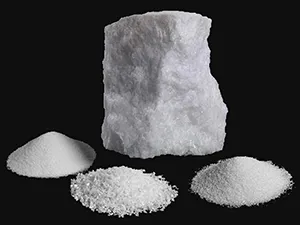
White fused alumina is produced from high-quality aluminum oxide powder, refined and crystallized through electric arc smelting.
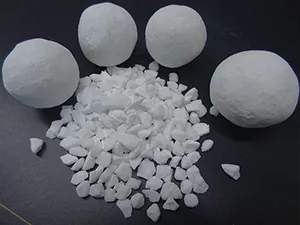
Tabular alumina is a pure sintered alumina, thoroughly calcined without the addition of any additives such as MgO or B2O3.
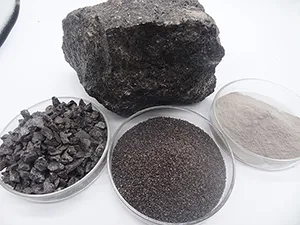
Brown fused alumina is produced by melting high-quality bauxite, iron filings, and anthracite in an electric arc furnace at high temperatures.
Black silicon carbide is produced by smelting quartz sand, petroleum coke (or coal coke), wood chips, and other raw materials in a resistance furnace.
Green silicon carbide is made from petroleum coke and high-quality silica, with salt added as an additive, and refined in a high-temperature resistance furnace.
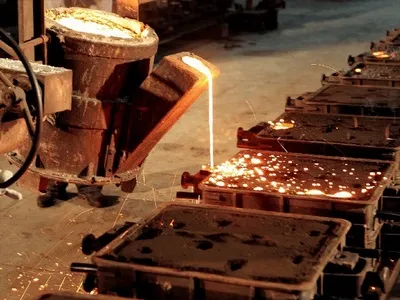
Casting sand can be used to fill molds or create cores, allowing for the manufacture of metal parts in various shapes and sizes.
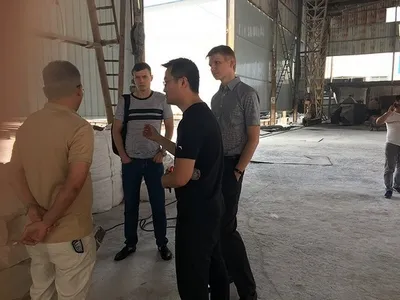
The working environment inside high-temperature kilns is extremely harsh.
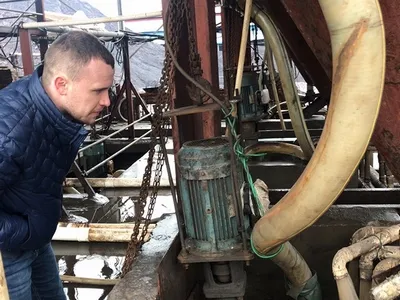
Customers often encounter challenges where the surfaces of their work pieces are contaminated with dyes, paints, rust, oxides, or other stubborn residues that are difficult to remove.
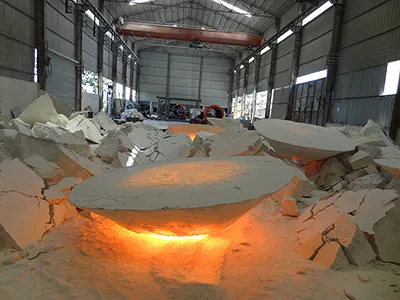
Founded in 1999, our factory has been specializing in abrasive production for over 20 years. Covering an area of 7,500 square kilometers, our monthly production capacity reaches 8,000 tons.
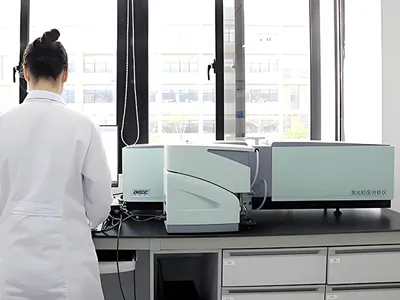
At Sicheng Abrasives, we utilize state-of-the-art laboratory testing equipment to maintain strict control over chemical composition, purity, and crystal structure.
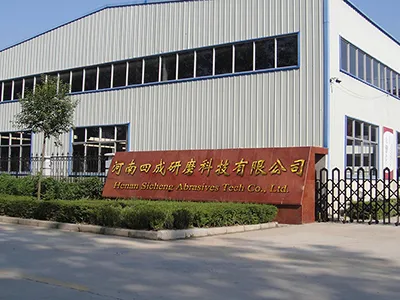
Henan Sicheng Abrasives Tech Co., Ltd. was founded in 2010 as a technology-driven enterprise specializing in the production, research, development, and sales of a diverse range of abrasive materials, refractory materials, and foundry materials.